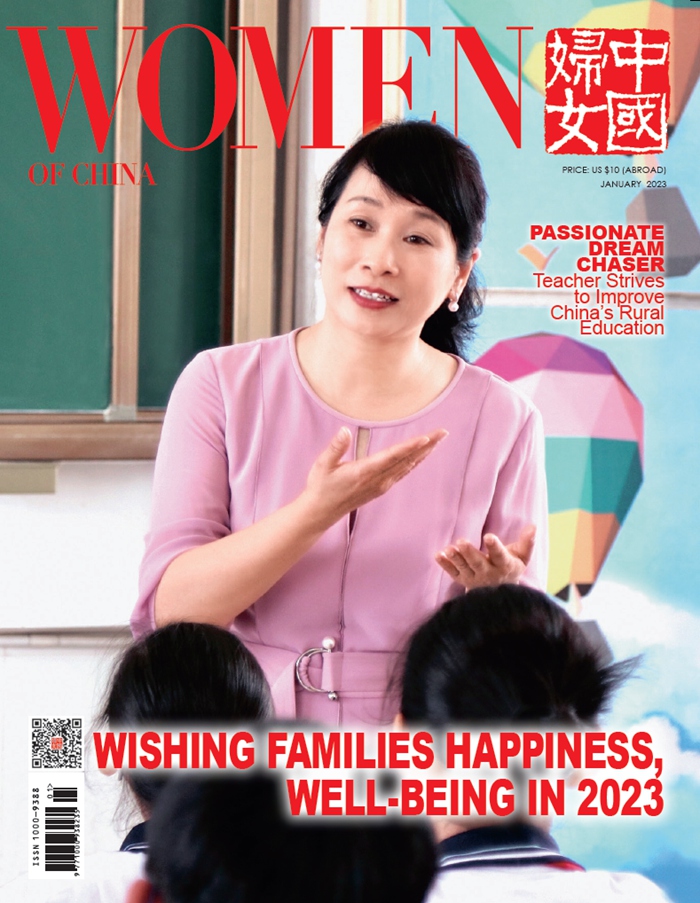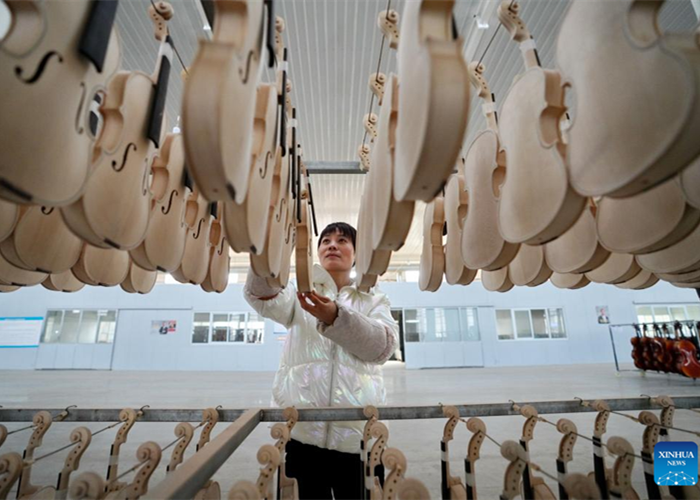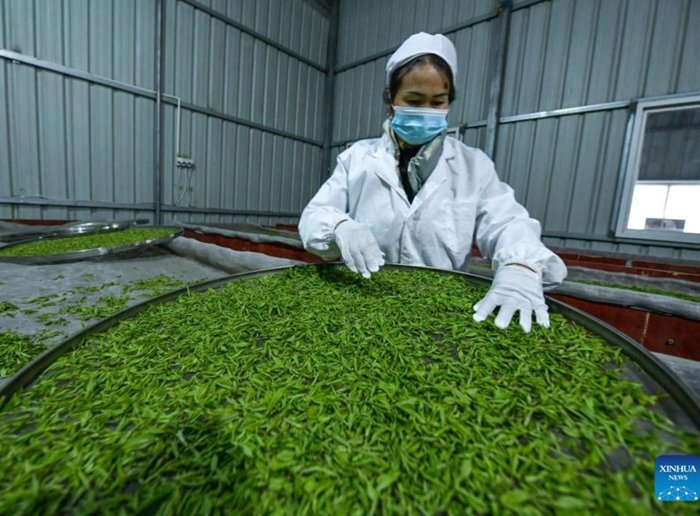Military Medic Races with Death on Front Line of Anti-COVID-19 Battle
Li Xiaoli, a military nurse at a hospital of the PLA Rocket Force, has served in the army for 31 years and been engaged in clinical care for 26 years.
Li applied for retirement ahead of the novel coronavirus (COVID-19) outbreak. However, when the outbreak occurred without any hesitation she applied to assist the anti-virus fight in Central China's Hubei Province.
Li was dispatched to the infectious disease department of a local maternity and child health care hospital in Hubei Province and took on the duties of head nurse.
Li works in the "red zone" where the COVID-19 patients in critical conditions are treated. Although she is the oldest nurse in the department, she continues to be the hardest worker.
"She is always in high spirit and full of energy when putting on protective clothes," said Qiao Huixia, Li's colleague of 13 years.
Having worked in many departments such as fever clinic and surgical, respiratory and infectious disease departments, Li has a great deal of experience based on thousands of emergency treatments, including prevention of elderly patients' sudden death caused by falling down, precaution of coma in hypertension patients and avoidance of trachea-blockage-triggered suffocation in patients with respiratory diseases.
"A nurse's work is not simply taking patients' temperature, giving injections and preparing medicine. In critical moments, a nurse must have the capability to race with death and save a patient's life," Li always tells her team members.
In the past 26 years, Li has participated in international peacekeeping missions, earthquake relief work and debris flow emergencies. She is clear that saving people is a fight in which success or failure may occur at any second.
As the head nurse, Li drafted regulations to improve efficiency and listed critical patients for targeted care. After her rounds of the wards, Li would write down the problems and shortcomings of treatment work on a board in the nurse station, reminding the nurses to solve them by the next day.
Li also asked the nurses to call the patients "grandma, grandpa, uncle or aunt," instead of their bed numbers.
"It feels like I am not receiving treatment in the ward; instead, I am at home and can feel warmth from family members," said Hu, a woman in her 60s.
Hu got infected with COVID-19 when she visited her daughter in Wuhan. Knowing Hu was depressed, Li, calling Hu "elder sister," often chats with her, trying to encourage her to have confidence in defeating the disease. Now, Hu is recovering fast from the disease.
Grandma Wang, 92, is one of the patients Li was most concerned about. On the day she was discharged after being cured, Li went over to say goodbye to her and gave her many exclusive healthcare tips. Treating Li just like her daughter because of Li's considerate care, Grandma Wang said, "My daughter, I am reluctant to go and am happy to see you here one more time before I leave."
After seeing off Grandma Wang, Li again rushed into a new day of fighting against the disease, knowing that there was much to do for the rest of the patients.
Li still remembers the motto of her father, a veteran who fought in the war to protect the nation: "The true warrior is expected to be excited on the battlefield so that a battle can be won."
(Source: China Women's News/Translated and edited by Women of China)
Please understand that womenofchina.cn,a non-profit, information-communication website, cannot reach every writer before using articles and images. For copyright issues, please contact us by emailing: website@womenofchina.cn. The articles published and opinions expressed on this website represent the opinions of writers and are not necessarily shared by womenofchina.cn.








 WeChat
WeChat Weibo
Weibo 京公网安备 11010102004314号
京公网安备 11010102004314号